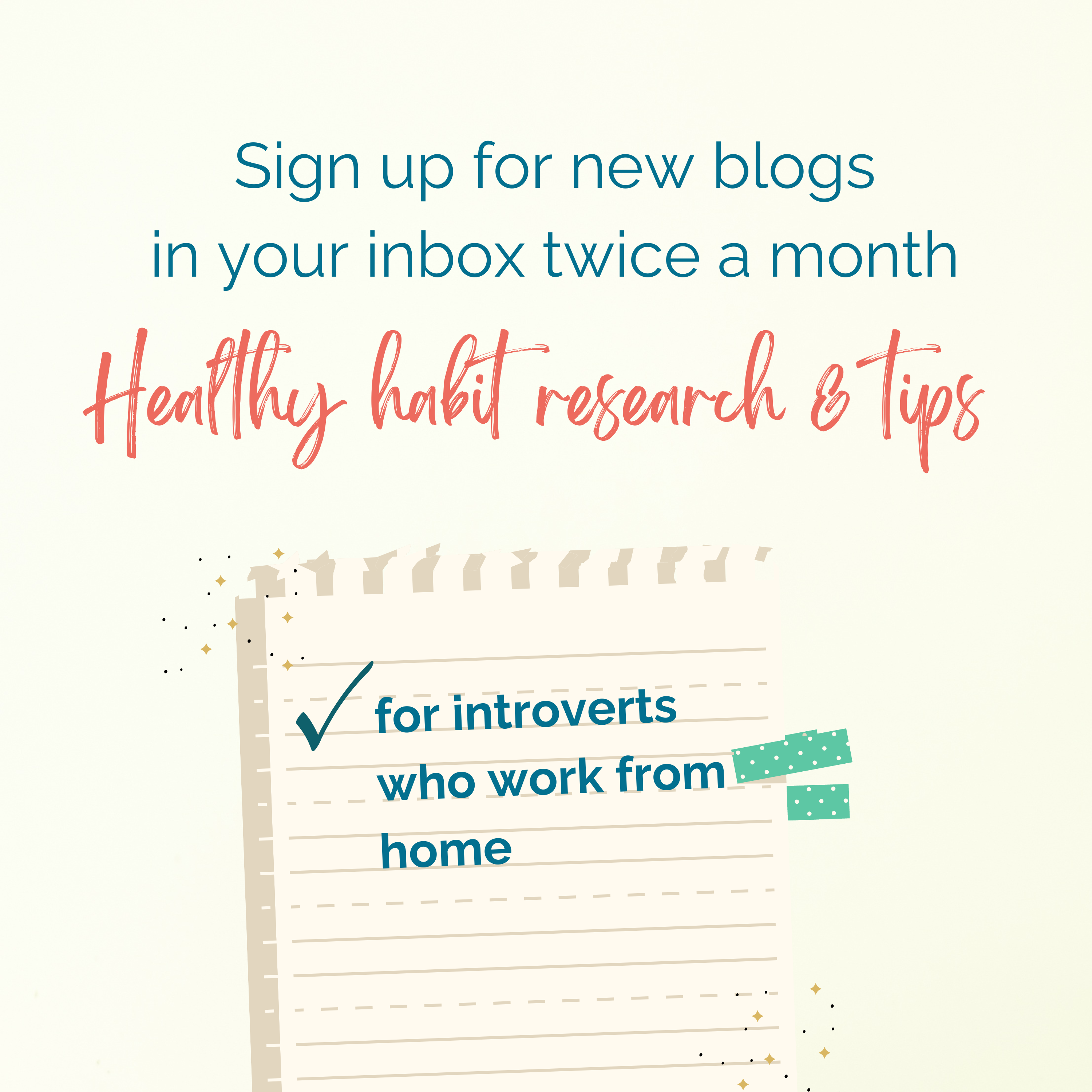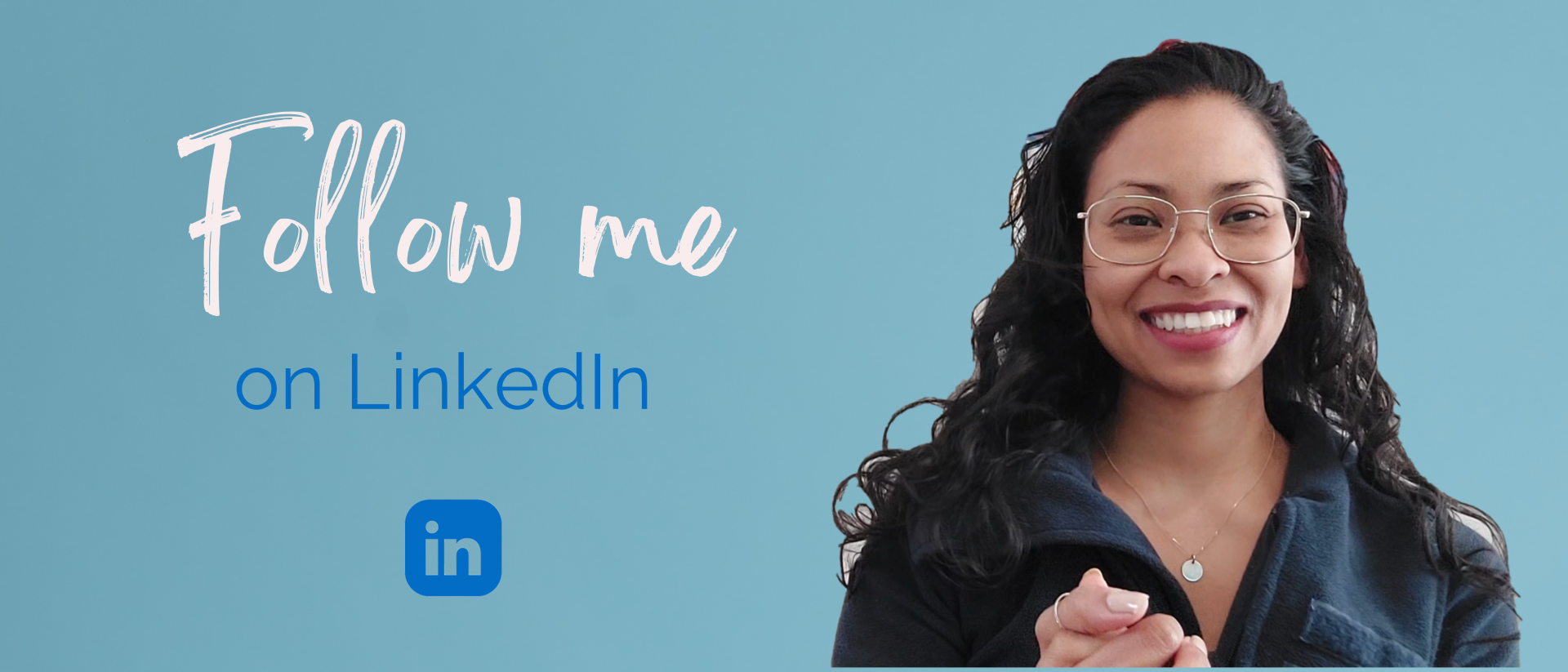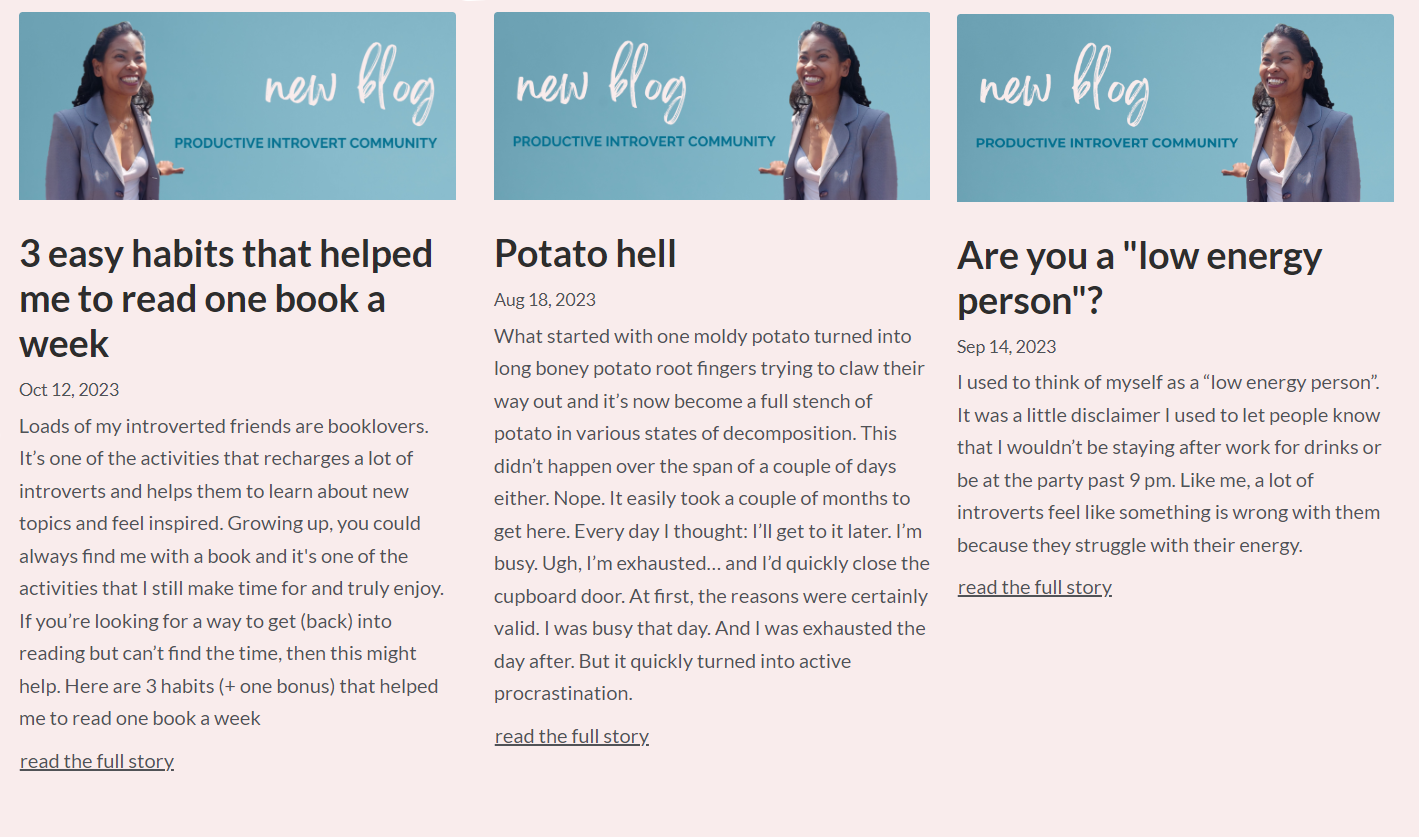-
1. Is a habit really automatic?
-
2. My favorite definition of a habit
-
3. Why am I so interested in habits?
-
4. Why are habits important for energy and focus, especially for introverts?
-
5. Habits save energy
-
Although these ideas are simple, they're not always easy to implement
-
Read more
-
About the author
-
References
What is a habit anyway?
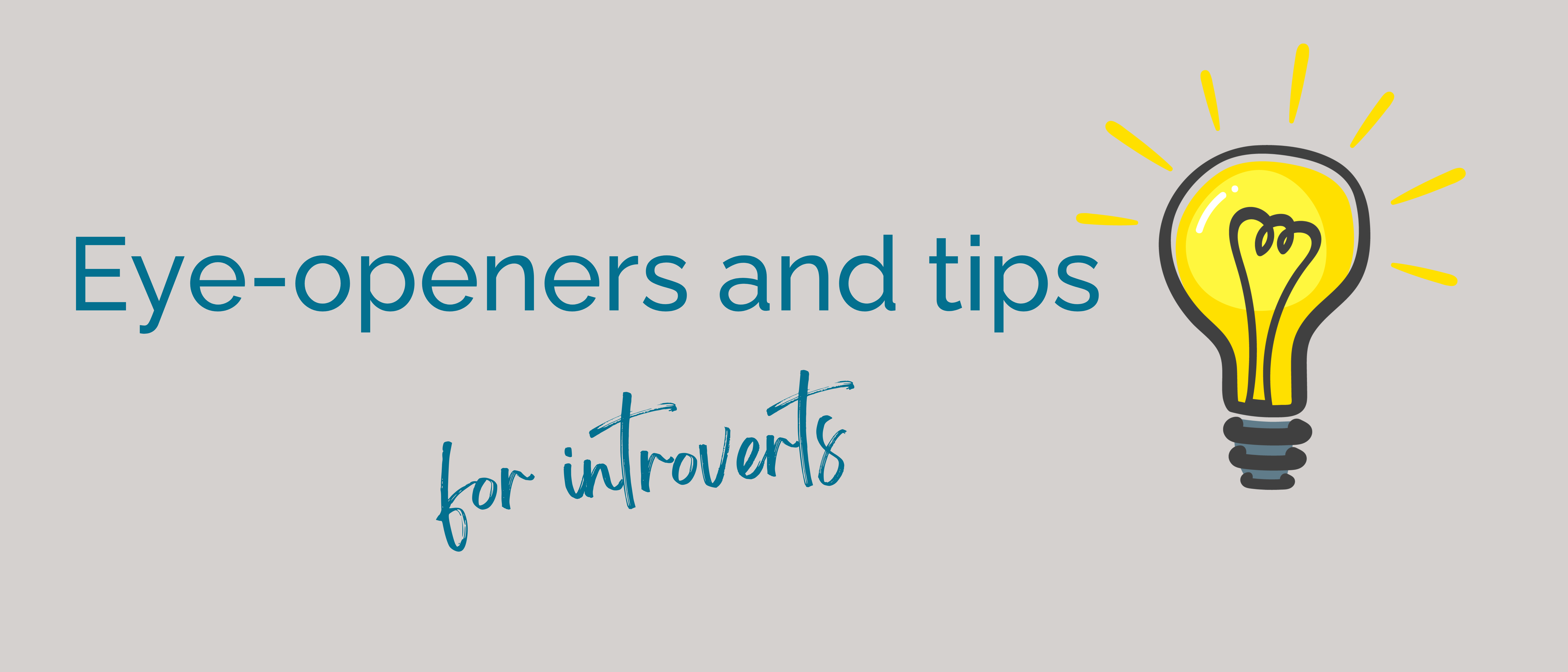
It’s time to address the elephant in the room…
As I began to explore the topic of habits, I realized that I really didn’t understand what habits are as well as I thought I did! There are many different ways that people think about habits and some of it was confusing... I had a lot of questions, I imagine you have questions about habits too.
I decided to explore these questions and share with you some of the research and my perspective on how habits can help us to live happier and healthier lives.
Today, we’re addressing the elephant in the room: What is a habit anyway?
Highlights
Full Summary
Is a habit really automatic?
The most common definition of a habit is an automated behavior that we repeat. Usually, automatic in this context means that you don’t think about it. It’s subconscious and it happens without you paying much attention to it.
A lot of the time, this is interpreted as in that it’s ‘beyond your control’, and that it will happen no matter what you do.
This isn’t true.
All habits are behaviors. A behavior is something that you do, an action that you take.
A new habit is a new behavior: an action or a sequences of actions that you’re trying to learn. At first, that’s a conscious choice and it takes effort. Over time, the habit becomes consolidated. That’s when it becomes subconscious and more effortless.
Brushing your teeth is always a good example. As an adult, you probably don’t have to put much effort or thought into brushing your teeth. Once you pick up the toothbrush, you’ll brush without thinking about it much. But, when you were just learning to brush your teeth, it took some effort to learn how to do it.
We’re teaching our son right now and it’s taking some effort - from all those involved 😆 -
A habit isn’t automatic in the sense that there’s nothing that you can do about it or that it will happen no matter what you do. A habit is a behavior that you once learned and then you repeated it and that led it to now be something that you do without thinking about it.
My favorite definition of a habit
I recently heard this definition of a habit used by Taro Iwamoto: Learning a habit is changing the patterns between your brain and your body.
I really like this definition. In the brain, this is exactly what happens when you learn a habit: you are changing the pattern - the very structure - of the brain.
Why am I so interested in habits?
After working with 1-1 clients as a productivity coach for a few years, I realized that if we paid attention to a few key habits for my clients, it brought them much more joy and peace of mind, and that ended up achieve what they wanted more easily.
That’s when I knew that’s what I wanted to focus on for the foreseeable future (and to develop a program around your natural habit profile: a new approach to learning the right habits with ease).
When designing their habits, most people don’t pay enough attention to whether or not the habit truly makes sense for them. They don’t match their habits well enough with the way they naturally work and their current circumstances.
When we don’t match the habit well, then we quickly fall into old patterns or we’re constantly pushing ourselves with discipline and adrenaline which can lead to exhausting and burn out.
When we do match the habit well, it’s much easier to learn (barely any discipline required), people feel energized by their habits instead of exhausted, and they can manage their time guilt-free because they know what’s important and what to focus.
In a nutshell: no-discipline healthy habits/ fits like a glove healthy habits/ will-power free healthy habits … (I don’t know what to call this yet, please help me..! 😂)
Why are habits important for energy and focus, especially for introverts?
This goes back to the brain - body relationship.
The reason why we form habits at all is so that your brain can conserve energy. Your brain is in charge of steering both subconscious and conscious processes in your body.
Conscious processes are things that we consciously think about and conscious movements of our body, anything that you’re doing that you on some level are thinking about. E.g. thinking about what to cook for dinner, writing an article for a client, listening and speaking with your partner etc.
At the same time, your brain is also steering all the subconscious processes. Those are things that are happening in your body but that you’re not thinking about in order for them to happen. For example: breathing, your heart beating, the food you ate earlier is being digested. Imagine if we had to consciously think of doing all these things, we’d have little time to do anything else.
All these conscious but also the subconscious processes take up a lot of energy.
Habits save energy
Here are some numbers to give you some perspective on this: the brain weighs about 2% of your total body weight but it consumes 20% of your body’s energy. That’s a disproportionate amount of energy that the brain needs to have all this processing power. Up to 90% of the energy that the brain uses is spent running the subconscious processes in your body, so - even when you’re resting - the brain spends up to 90% of it’s energy just to keep you alive 📖1-2.
If your brain is spending 90% of it’s energy just to run your body, you can imagine that anything your brain can do to conserve energy is a win.
And that’s where habits come in.
Habitual action take up less energy than conscious action. The same is true for thoughts, btw, habitual thought patterns take up less energy than conscious thought. By doing things on autopilot, your brain frees up energy for other things, e.g. complex problem solving and social interactions with other people.
Habits play such a big role in our lives and we hardly notice them - and that’s by design! It never ceases to amaze me that the most unnoticed can be the most profound.
Although these ideas are simple, they're not always easy to implement
You can learn how to get the important things done and still have energy left at the end of the day - no matter how busy or overwhelmed you are.
If you want help figuring this out, then I'd love to help.
I invite you to book a free exploration call with me. You can access my calendar to book a call here.
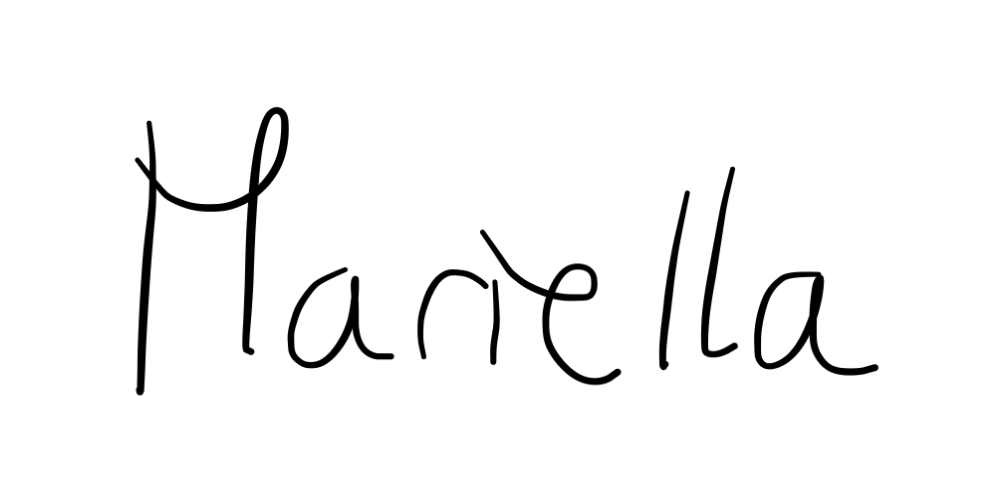
Read more?
About the author
Mariella Franker, PhD is a former scientific writer and an introvert. She teaches introverts who work from home how to create healthy habits so that they have more energy & improve focus without habits that feel forced or only last 2 weeks.
She's a certified Natural Advantage® coach, associate coach at De Succesvolle Introvert, and founder at The Franker Message. She has been featured in places such as Cheeky Scientist, Quiet and Strong podcast, and MarieTV.
A first generation immigrant from South America, she now lives in the Netherlands with her husband and son. On most days, you'll find her working in her little office cabin or puttering around her home or garden.
Go to related blogs
References
📖 1 Srini Pillay, Your Brain Can Only Take So Much Focus, Harvard Business Review 2017: https://hbr.org/2017/05/your-brain-can-only-take-so-much-focus
📖 2 Yali Chen and Jun Zhang, How Energy Supports Our Brain to Yield Consciousness: Insights From Neuroimaging Based on the Neuroenergetics Hypothesis, Front Syst Neurosci 2021: https://www.ncbi.nlm.nih.gov/pmc/articles/PMC8291083/
